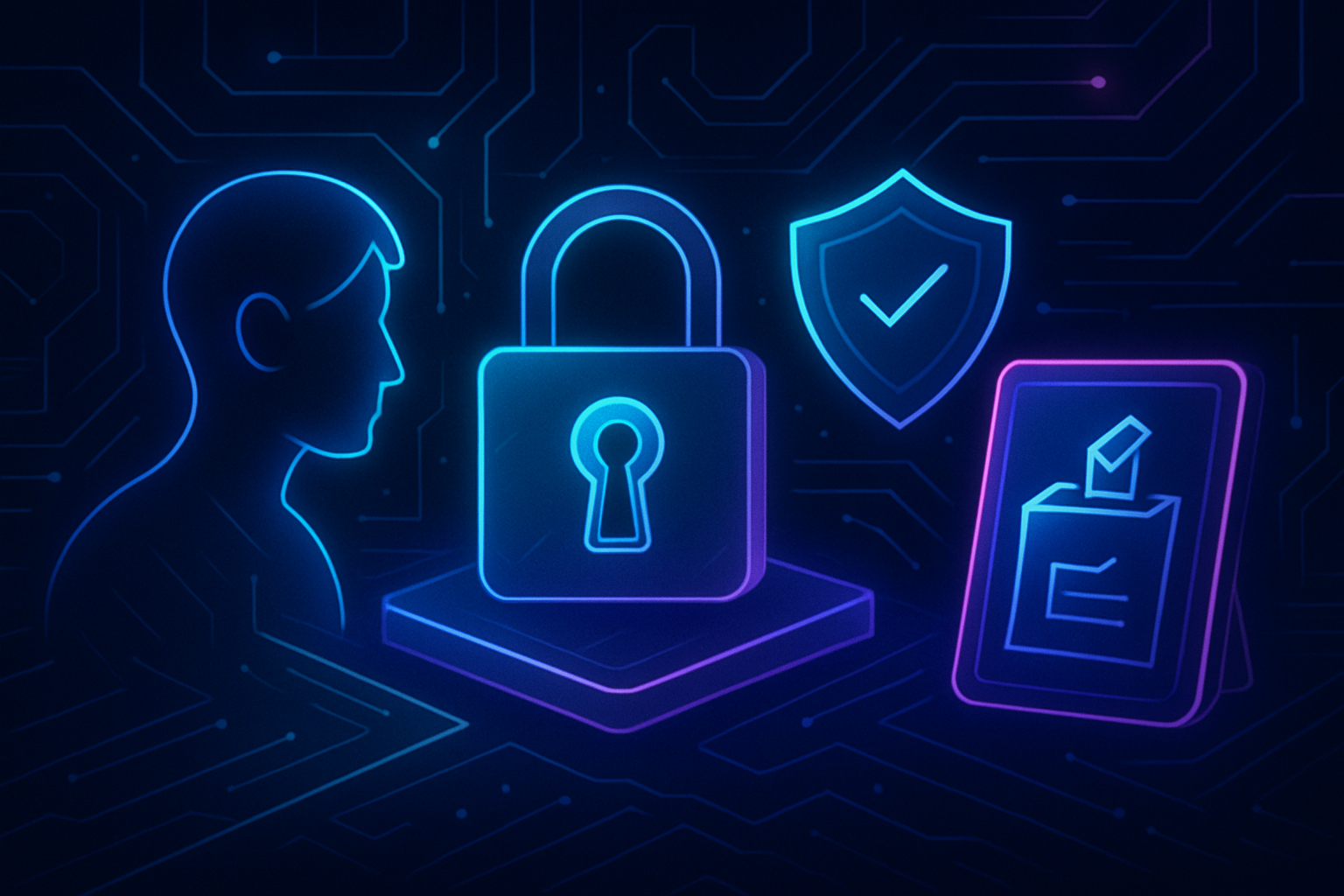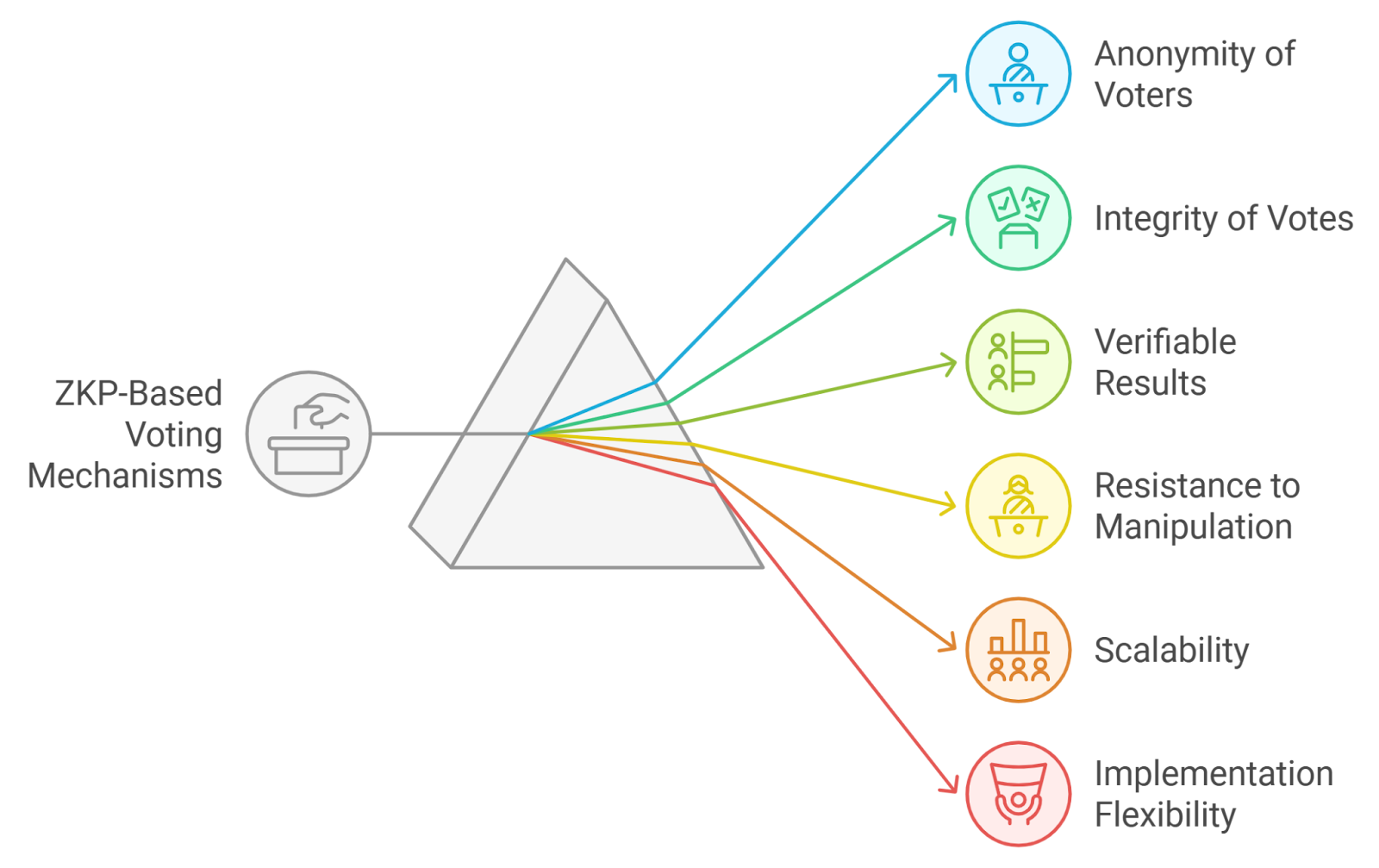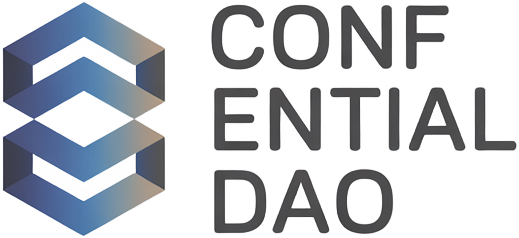
Decentralized Autonomous Organizations (DAOs) are at the forefront of blockchain governance, but as these communities grow, so do concerns around privacy in decentralized organizations. Traditional on-chain voting methods expose voter identities and choices, making them vulnerable to vote buying, coercion, and herd behavior. The solution? Zero-knowledge proofs (ZKPs), which empower DAOs to verify votes and eligibility without revealing sensitive information. This is more than a technical upgrade, it’s a cultural shift toward secure DAO voting protocols that prioritize member confidentiality.

Why Privacy Matters in DAO Voting
DAOs thrive on the principle of transparency, but blind transparency can lead to manipulation. When every vote is public, powerful actors may coerce or incentivize voters, undermining the democratic ethos. By integrating ZKPs into voting systems, DAOs can guarantee that each member’s vote is counted, without exposing who voted for what. This approach not only defends against external threats but also nurtures a culture where members feel safe expressing their true preferences.
For instance, projects like AGYSO ZK-DAO-VOTE are pioneering privacy-preserving voting protocols that combine homomorphic encryption with ZKPs to protect voter privacy while ensuring fairness. Similarly, solutions such as Private Delegate Statements allow delegates to make statements and vote anonymously using ZK verification.
Core Principles of Zero-Knowledge Proofs for DAOs
A robust ZKP-based system for confidential DAO voting must fulfill three criteria:
- Completeness: Legitimate votes are always accepted by the system.
- Soundness: Invalid or fraudulent votes are reliably rejected.
- Zero-Knowledge: No information about the voter’s identity or choice is leaked during verification.
This trifecta ensures trust without sacrificing privacy, a balance long sought by digital governance pioneers. As noted in research from Aragon and o1Labs, these properties make ZKP-powered voting not just private but also tamper-resistant and scalable for large communities.
The Step-by-Step Process: Implementing Confidential Voting With ZKPs
If you’re considering private DAO governance for your community or project treasury, understanding the implementation process is crucial. Here are the foundational steps used by leading protocols:
- Define the Voting Circuit: Use a language like Circom to encode rules verifying voter eligibility and vote validity, without revealing personal data.
- Create Smart Contracts: Deploy contracts that accept encrypted votes and proofs on-chain while automating tallying and result publication.
- ZKP Verification: Integrate on-chain mechanisms to check each proof before counting a vote, ensuring only eligible participation without identity leaks.
- Avoid Double Voting: Utilize nullifiers or unique identifiers within proofs so each member can only cast one valid vote per proposal.
- Tally Anonymously: Aggregate results using homomorphic encryption or similar cryptographic tools so individual choices remain hidden even during final tallying.
This workflow forms the backbone of modern confidential DAO voting systems such as those found at Dao_Zk_Proof_Voting, where optional privacy layers can be configured based on your community’s needs.
Implementing zero-knowledge proofs in DAO voting isn’t just about deploying new code – it’s about fostering trust, inclusivity, and resilience in decentralized communities. As more DAOs recognize the risks of public voting records, the demand for private DAO governance tools is accelerating. Projects like private_voting_dao_aleo exemplify how open-source innovation is making privacy-first voting accessible to any organization, regardless of size or technical expertise.
Security remains paramount throughout this process. When properly implemented, ZKP-based voting protocols prevent common threats like vote buying and double-voting while allowing for transparent auditability of the overall result. The use of nullifiers ensures that each member can only participate once per proposal, without linking their action to their identity. Meanwhile, homomorphic encryption means that even when votes are tallied, no one can reverse-engineer individual choices, a critical feature for DAOs handling sensitive decisions or large treasuries.
Real-World Applications and Case Studies
The shift toward confidential DAO voting is already underway in leading ecosystems:
- MACI (Minimal Anti-Collusion Infrastructure): Used by several Ethereum-based DAOs to encrypt votes and verify results with ZKPs, no outside party can read the votes.
- AGYSO ZK-DAO-VOTE: Combines homomorphic encryption with zero-knowledge proofs to create a tamper-resistant and private voting experience for DAOs.
- Private Delegate Statements: Enables delegates to express views and participate anonymously while still proving legitimacy via cryptographic proofs.
This wave of adoption proves that privacy and transparency are not mutually exclusive in decentralized governance. With the right architecture, DAOs can achieve both, preserving democratic values while shielding members from undue influence.
Best Practices for Secure DAO Voting Protocols
If you’re ready to implement confidential DAO voting using ZKPs, keep these best practices in mind:
- Audit your smart contracts: Third-party audits help uncover vulnerabilities before they impact your governance process.
- Select proven libraries: Use well-maintained ZKP toolkits like Circom or SnarkJS to minimize implementation risk.
- Pilot with testnets: Run trial votes on test networks before moving real proposals on-chain, this helps surface usability issues early.
- Educate your community: Share documentation and run workshops so all members understand how privacy-preserving voting works and why it matters.
- Stay updated: The field of cryptographic governance evolves rapidly, track advancements through repositories like those listed above or via research from leading projects such as Aragon and o1Labs.
A Path Forward: Privacy as a Governance Standard
The integration of zero-knowledge proofs into DAO infrastructure signals a maturation of decentralized governance. As regulatory scrutiny intensifies and communities demand stronger privacy guarantees, these protocols offer a pragmatic path forward, one where participation is both meaningful and shielded from exploitation. By adopting secure DAO voting protocols today, organizations position themselves at the forefront of ethical blockchain leadership.
If you want a deeper dive into implementation details or case studies, explore open-source projects such as Dao_Zk_Proof_Voting, or review live deployments like AGYSO ZK-DAO-VOTE. These resources provide hands-on examples for developers looking to bring privacy-first governance to their own communities.






